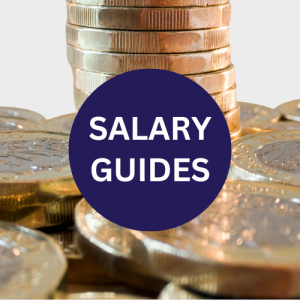Addressing the Lack of Significant Female Board Membership
December 11th 2020 | Posted by phil scott
Addressing the Lack of Significant Female Board Membership
Four years ago, the Hampton-Alexander Review recommended that FTSE 350 companies take action to address the lack of female representation on boards. The target that the review set was 33% female representation at board level and at the two leadership levels below. The target for the recommendation to be met is the end of 2020.
While the number of females filling non-executive posts at FTSE 150 and FTSE 250 companies has increased in the years since the recommendation, the news is not as positive as it may seem.
Increase in female board membership not leading to senior roles
According to a report by Cranfield School of Management, the increase in non-executive female board members has not been matched by more opportunities for females in senior roles. This has led to suggestions of token efforts by companies and the continuation of institutional sexism. The figures seem to support this suggestion given that only 13.2% of FTSE 100 executive director roles and 11.3% of FTSE 250 executive director roles are filled by women.
This is the position despite the fact that women fill 40.8% of non-executive director roles in FTSE 100 companies. The figure is 37.6% for FTSE 250 companies. This provides sufficient evidence of a significant issue with female representation in senior executive roles.
The HR professional’s role in addressing the problem
HR professionals have a responsibility to help with addressing gender imbalance at a senior level. This is why there is a need for top HR managers to work with FTSE 350 companies to identify issues with their appointment processes. There is an obvious problem that is preventing companies from realising the recognised advantages of women in leadership.
They have a pool of highly regarded female non-executive directors to appoint from, but they fail to do so. HR professionals have a responsibility to be proactive in addressing this failure. This needs to involve challenging current appointment processes using data and concrete evidence. Doing this is likely to become increasingly vital given the current challenges of the coronavirus pandemic.
This is because the pandemic is increasing female caring responsibilities and making it more challenging for them to compete at a senior level. This being the case, there is a need for HR professionals to work with professional women and companies to remove obstacles that are preventing gender quality at a senior level from happening.
This work needs to include forensically examining the way female talent is approached and the way senior appointments are made. Working with companies will help HR managers to do this. In an environment where there is an obvious lack of gender balance at executive director level, this work is essential. This means that HR managers play a vital role in helping the recommendations of the Hampton-Alexander Review to start making a real difference. It’s time for companies to dispose of tokenism and sexism and work to gain the advantages that appointing female executive directors can bring.




